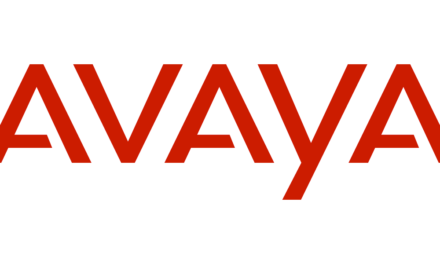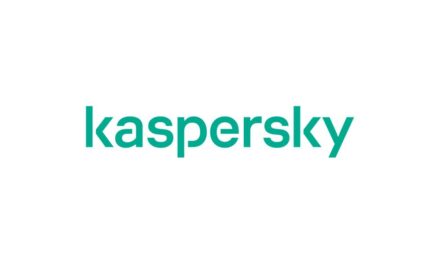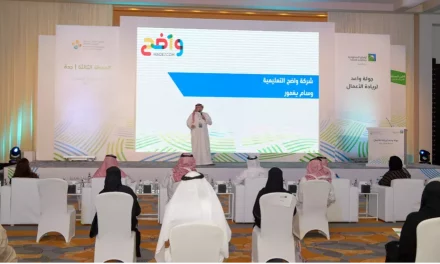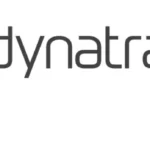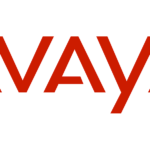
Refinitiv releases findings of 2021 Financial Crime in the Middle East and North Africa survey

DUBAI, UNITED ARAB EMIRATES – Refinitiv, a London Stock Exchange Group (LSEG) business, today released the seventh edition of the Middle East and North Africa (MENA) financial crime report.
The Financial Crime in MENA 2021 report reveals regional compliance trends induced by the pandemic across MENA markets. According to this year’s findings, over half of respondents (51%) face new risk challenges because of the pandemic, a quarter of respondents (25%) say that a data breach poses the most significant risk to business operations, and over a third (34%) cite problems associated with data management as the key reason for investing in technology.
“Covid-19 put an enormous burden on the risk and compliance functions in a very short amount of time. Our analysis reveals more than half of organizations in MENA are dealing with new risk challenges in the wake of the Covid-19 pandemic,” said Phil Cotter, Global Head, Customer & 3rd Party Risk Solutions, Data & Analytics, Refinitiv.
“The rapid growth in digitalisation during the pandemic has inevitably created opportunities for criminals and fraudsters. The risk and compliance functions across MENA are now faced with the rapidly evolving threat of cybercrime, including payments fraud, account takeovers and identity theft. Business leaders must now focus on these new factors shaping their organisation’s risk profile, and deploying advanced technologies will be key to tackling financial crime, enhancing compliance effectiveness and protecting corporate reputation.”
“Over the past year, there has been an increasing focus on the need for improved data management across the MENA region because of the pandemic as well as the pace of regulatory change across regional markets. Now, both local start-ups and regional corporations realise the significance of deploying effective data strategies. This growing interest in a data-first approach has expanded the detection and prevention capacity of compliance officers. Data management programs are now driving technology investments in the region. This is a trend that we expect to continue as more regulation adds to the complexity of doing business across MENA jurisdictions,” said Nadim Najjar, Managing Director, Middle East & Africa (MEA), Data & Analytics, London Stock Exchange Group.
According to the survey results, risk and compliance practices may fall short of global standards in areas such as third-party risk. Results show that only five percent of respondents focus on reporting ultimate beneficial ownership (UBO) while half of respondents (49%) believe that crime prevention technologies will witness a significant upgrade in the next two years. Less than one percent of respondents viewed environment, social and governance (ESG) issues as major concerns, while nearly half of respondents (48%) reported a lack of corruption controls during a time of severe supply chain disruption.
Najjar explained that the quality of ultimate beneficial ownership registries will be among the key challenges for companies in the region especially with the introduction of new US and EU regulation that require UBO disclosure.
“We expect a growing focus on UBO by regional regulators in the future and MENA-based organisations should be prepared for this global transparency drive. This emerging reality will pose a real challenge to the relationships of regional companies with their international partners,” Najjar added.
Click here to view a copy of the full report.





